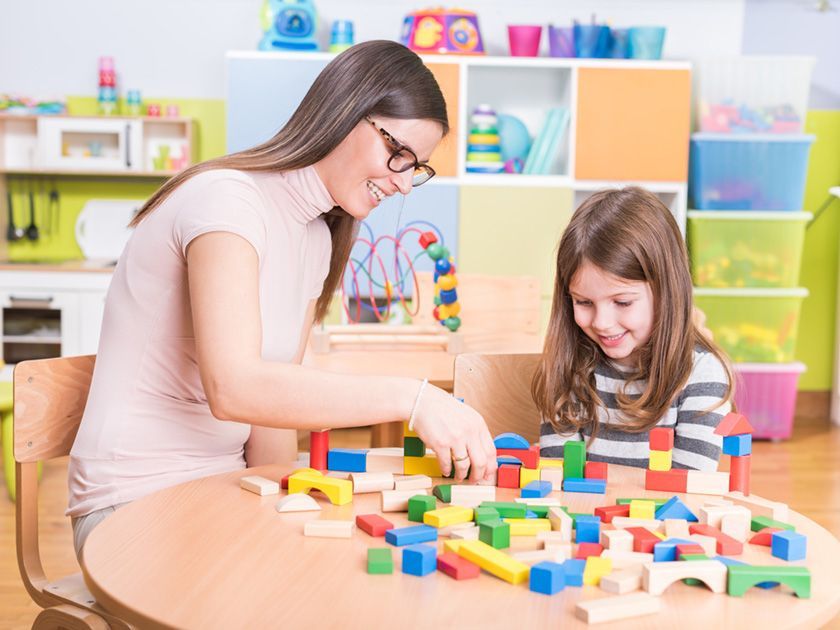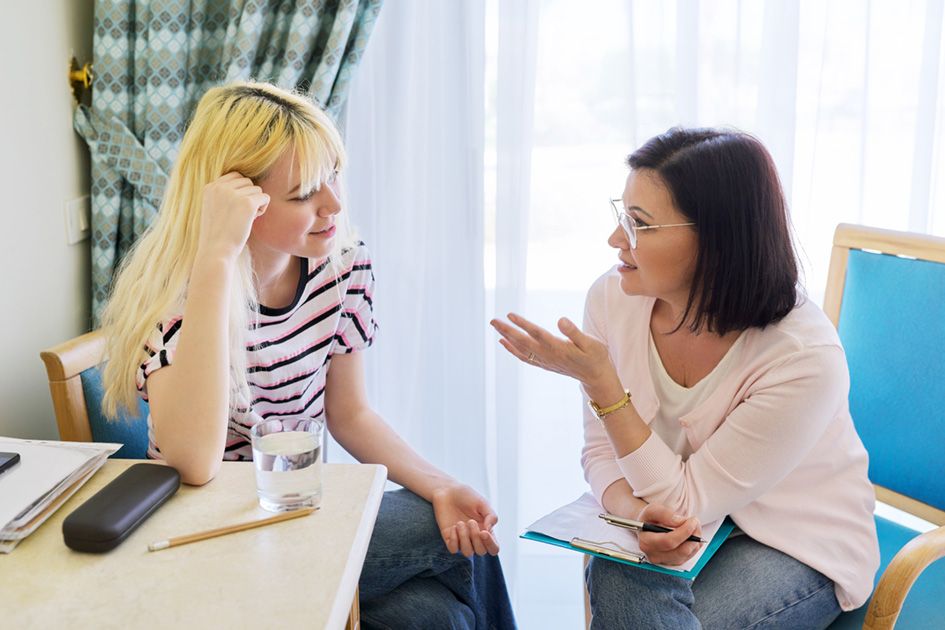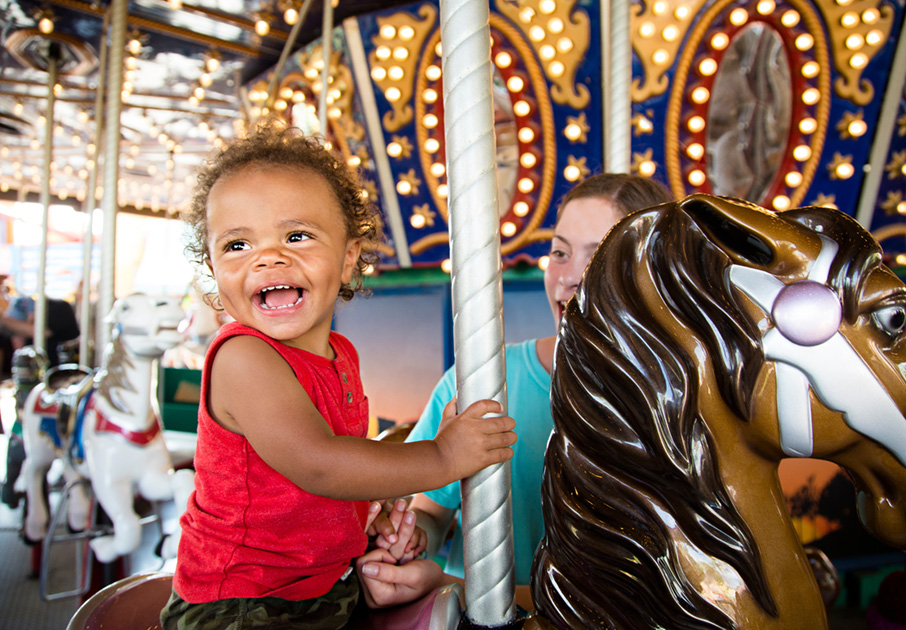We recognize that each individual and family is unique, and a one-size-fits-all approach can waste valuable time on goals that are not important to the individual. Therefore, we tailor our treatment plans to the distinct needs of the person and family receiving our services, and our plans are consistently updated based on progress and client feedback.
No matter where you are in your ABA journey, we are here for you.
This initial functional behavior assessment is conducted to determine if a client would benefit from applied behavior analysis (ABA) services. During these meetings, information will be gathered on the client’s background and current goal areas that are important to the client and family, as well as administering assessments and discussing findings and recommendations. With permission, the assessor will also reach out to other service providers and relevant stakeholders to ensure that all relevant information and input is considered in the assessment process.

The assessment is conducted by a Board Certified Behavior Analyst (BCBA), and includes meeting directly with the client. The assessment also includes non-face-to-face tasks including coordination of care with other service providers and stakeholders, analyzing past data, scoring and interpreting assessment tools, and preparing the treatment plan (if ABA is recommended).
Do I need an ABA assessment if I already have a recommendation for ABA therapy?
Yes. ABA assessments are not only beneficial, they are necessary for the Behavior Gains team to determine a treatment plan.
Are caregivers present for the ABA assessment for their child?
Yes, caregivers are required to be present for all face-to-face assessment meetings. Caregivers are an integral part of the assessment process and their input is needed in every step of the process.
One-on-one applied behavior analysis (ABA) services are provided face-to-face with clients to implement the treatment plan developed during the initial assessment and all subsequent updated treatment plans.
One-on-one sessions are held in the most appropriate, natural environment(s) for the individual receiving services. One-on-one sessions are conducted in collaboration with the individual, caregiver(s), and other service providers such as an SLP, OT, PT, or other stakeholders.
What times are of day are one-on-one sessions available?The time of day of sessions will depend on the client’s specific needs and availability. The schedule of services will be developed in collaboration with your supervising BCBA.
Are one-on-one sessions just for young children?
No, one-on-one sessions are for people of all ages- not just young children.

Caregiver consultation and training is provided by a Board Certified Behavior Analyst (BCBA) face-to-face with caregivers to work on the goals that are significant to them as they care for their loved ones.

Caregiver consultation and training sessions take place with the caregivers and the supervising BCBA. The focus of each consultation and training will vary based on caregiver goals but some topics include: teaching functional communication, teaching play skills, facilitating conversations, working through big emotions, increasing opportunities for connection, and implementing strategies to reduce dangerous behaviors and replace them with skills that help their child get what they want without hurting themselves or others.
How often can a caregiver receive training?
Caregiver consultation and training sessions typically occur once a week but your schedule will depend on your individual needs.
Can I reach out to my supervising BCBA if I have questions or do I have to wait for caregiver consultation meetings?
Absolutely! Your Behavior Gains BCBA is there to support you in AND out of sessions.
The goal for every individual is to be able to get out into the world, do the things they need and want to do, and interact with the people they need and want to interact with. A lot of everyday tasks and interactions take place outside of the home and that is where community-based ABA and peer social groups become extremely helpful.
Grocery stores, parks, and social gatherings are all examples of everyday community environments that may be appropriate for community-based ABA therapy. The specific goals, settings, and schedule of such services will be based on client needs and outlined in the treatment plan.
Peer social groups are developed and scheduled by Behavior Gains and individuals are added to the groups based on mutual skills and interests. Initial peer groups generally start in a 1:1 ratio, in which every peer has a staff member with them. More advanced groups have a higher ratio of peers to staff, to allow for more natural socialization, similar to small groups that occur in everyday life (e.g., school, clubs, sports, etc).
When do community-based services occur?
In most cases, community-based services will be worked into the established 1:1 ABA therapy session schedule. If that is not possible or appropriate, an alternate schedule of these services will be developed through coordination with the client and supervising BCBA.
How do clients join peer social groups?
When it becomes clinically appropriate for a client to join a peer social group, the supervising BCBA will collaborate with the individual and family (if applicable) and determine if this is something that is important to the family. From there, specific goals will be developed in collaboration with the individual and family and then enrollment will be discussed with the individual and family.
What if my BCBA has not recommended a peer social group but I am still interested?
Even if it has not been recommended yet, you can always let your supervising BCBA know you are interested in these groups to discuss it further.

Check out more ABA Frequently Asked Questions for answers to common questions. If you are ready to get started or you have questions about getting started, contact us. We are here to help.
© 2024 All rights reserved. Behavior Gains. Privacy Policy | Terms & Conditions